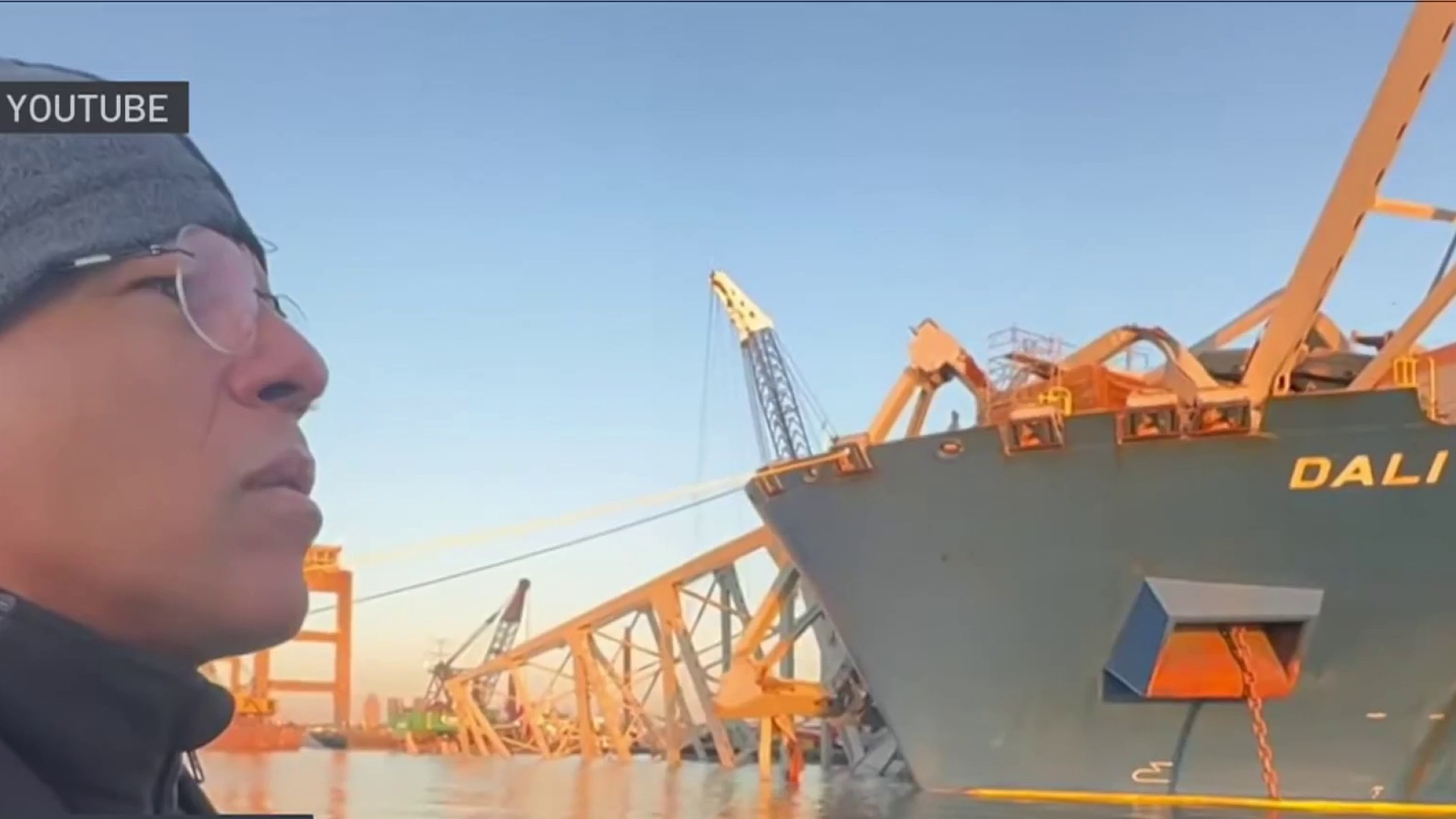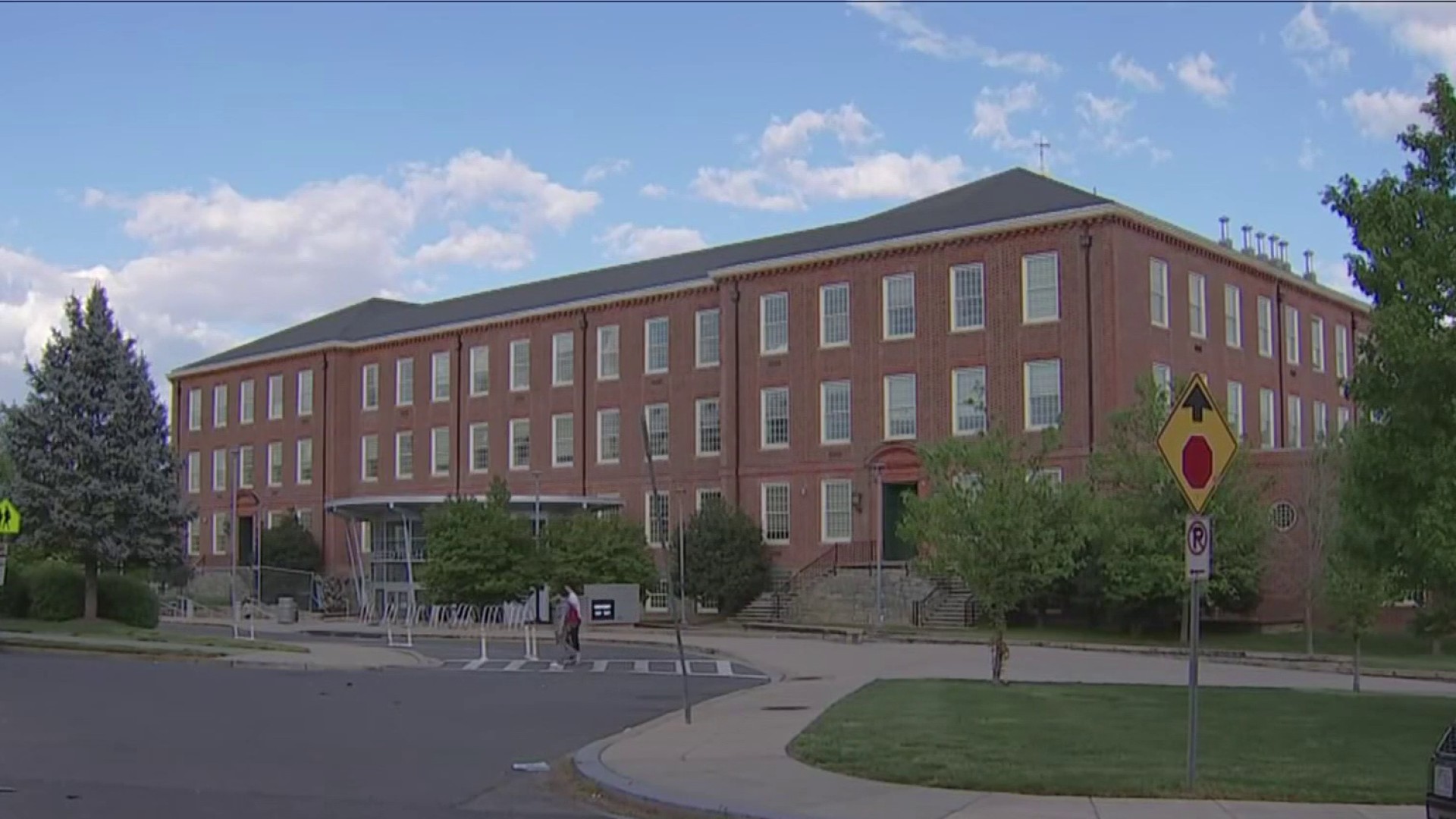A human-trafficking ring that partially operated blocks from the White House is one of a rising number of trafficking rings stopped by the feds over a two-year span, according to a review by the News4 I-Team.
The I-Team obtained and analyzed U.S. Justice Department data on trafficking cases initiated between 2015 and 2017, finding a nearly 20 percent increase in the number of people charged with human trafficking by federal prosecutors during that span.
“Traffickers move people up and down the East Coast, traveling through Richmond, Washington, D.C., and Baltimore,” said Zachary Terwilliger, U.S. attorney for the Eastern District of Virginia.
“This can be happening in hotels, this can be happening in bars — it runs the whole gamut,” he said.
An I-Team review of cases filed in federal courts in Virginia and Maryland shows the trafficking rings cross state lines when selling young girls for sex.
In a case filed against two Prince William County men in 2017, the men advertised a 15-year-old girl online and sold her for sex at hotels in Maryland, Virginia and Washington, D.C. Surveillance images of the traffickers, obtained earlier this month by the I-Team, show the men transporting the victim to a hotel six blocks from the White House for sex. The victim’s face is not revealed.
A jury convicted Christian Hood of sex trafficking in the case. His accomplice, Abdul Bangura, pleaded guilty. Both are serving 11-year prison sentences.
Local
Washington, D.C., Maryland and Virginia local news, events and information
The I-Team’s review of human-trafficking cases is limited to the federal system, which often assumes responsibility for trafficking prosecutions because the sales often cross state lines.
A study released by the Polaris Project, a D.C.-based anti-trafficking organization, said the number of cases to a national trafficking hotline surged 25 percent in 2018.
“The significant increase in cases we’re handling this year is a reflection of the more targeted and better-informed efforts to raise awareness about the true nature of human trafficking in the United States,” said Caroline Diemar, director of the National Human Trafficking Hotline.
The trauma victims experience in these cases persists long after their traffickers are prosecuted, according to federal prosecutors and victims’ advocates.
“A number of victims are still under the control of their traffickers. They’ve been manipulated. They feel a lot of trauma because of what has happened to them,” said Maureen Cain, a federal prosecutor in Alexandria who handles trafficking cases.
“It’s very much like going to war, except it’s happening every day in the environment in which you live,” said victim’s advocate Elisabeth Corey.
Corey, who counsels survivors and authors a blog on the topic, said the increase in prosecutions is noteworthy, but said the crime of trafficking is itself not new.
“In the past, there just wasn’t a name for it, and there weren’t enough people saying this is wrong,” Corey said. “That’s what’s changing.”



